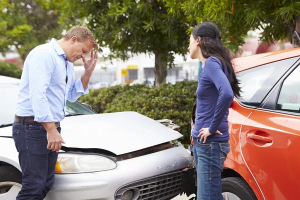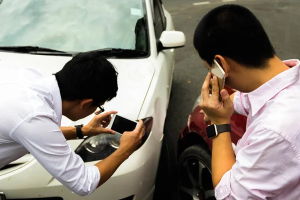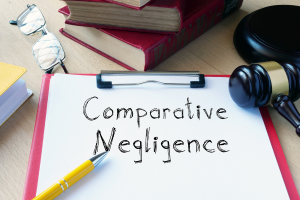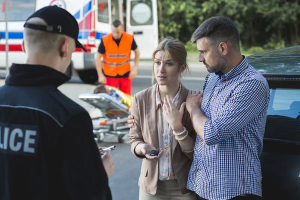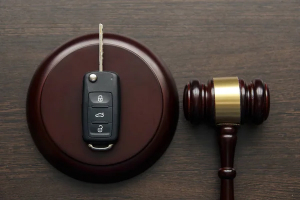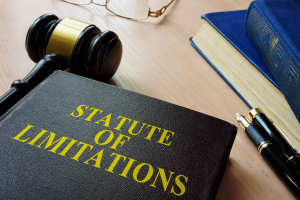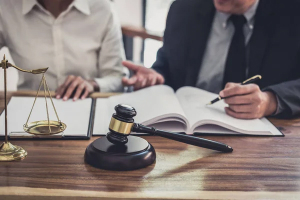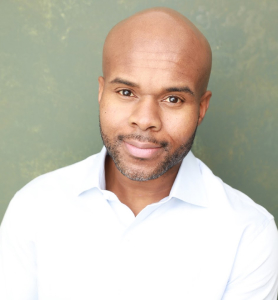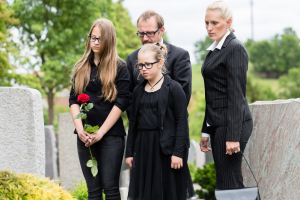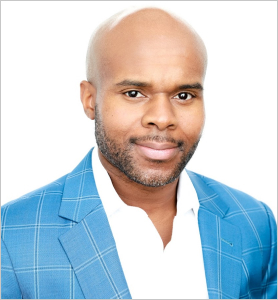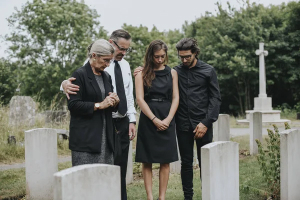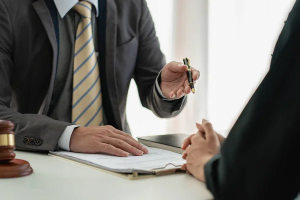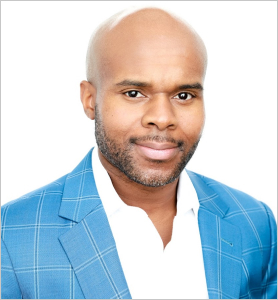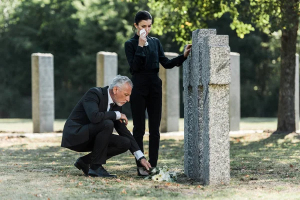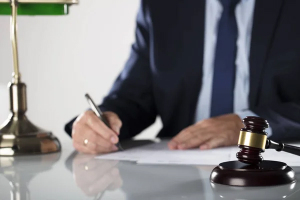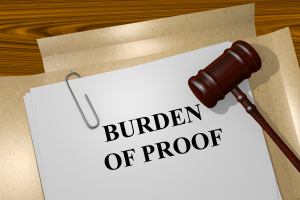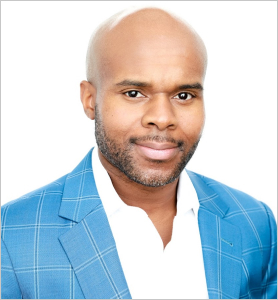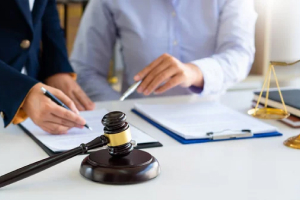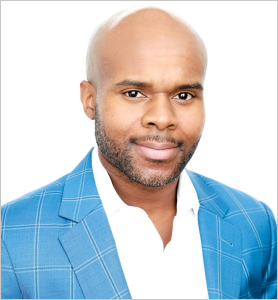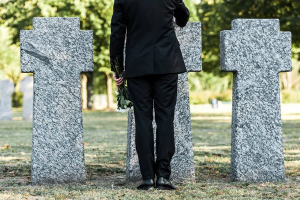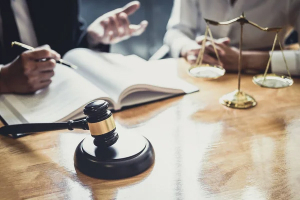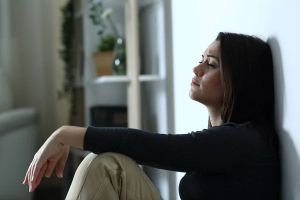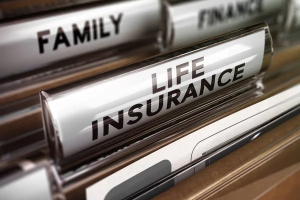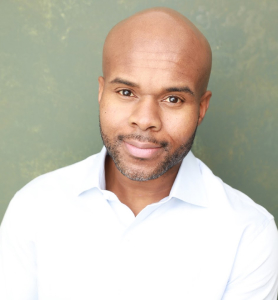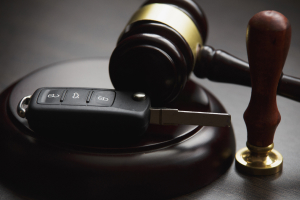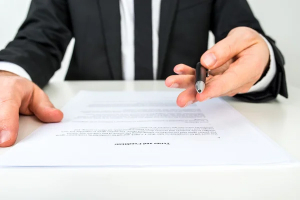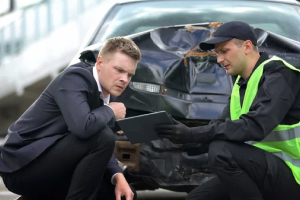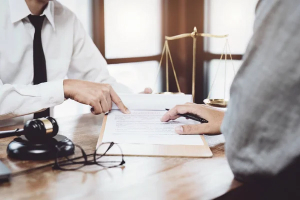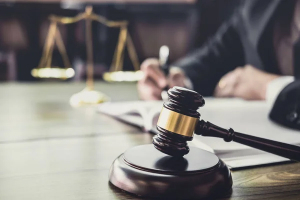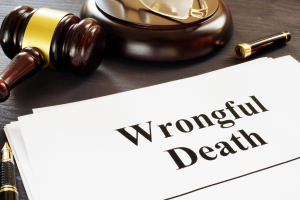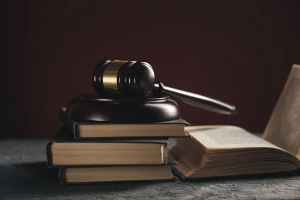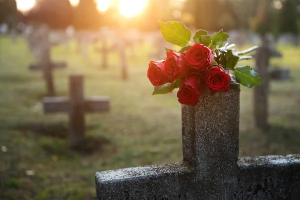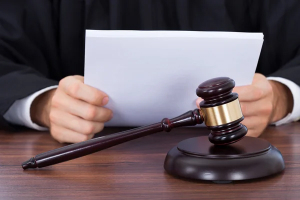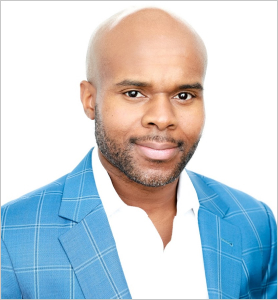The Role of Expert Witnesses in a California Wrongful Death Case

Losing a loved one is heart-wrenching, and when that loss is due to another's negligence, the pain can be unbearable. A wrongful death case can provide some level of justice, but navigating the legal landscape can be complex. In these cases, expert witnesses can play a vital role in establishing facts and proving negligence.
We at Omofoma Law understand the profound impact of a wrongful death case. With years of experience and a dedicated team, we are committed to providing the best legal support possible. Expert witnesses are a crucial part of our strategy. They bring their specialized knowledge to strengthen your case.
We have seen countless wrongful death claims and would be glad to review your lawsuit. Take a closer look at personal injury cases and wrongful death lawsuits below. Then, give us a call to schedule a free case consultation.
Overview of a Wrongful Death Case in California
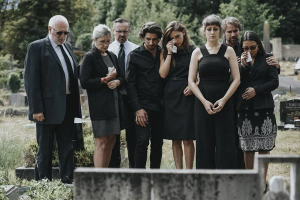
Wrongful death takes place when an individual loses their life due to the negligence or wrongful act of another. This type of case seeks to provide compensation to the victim's surviving family members for their loss. California's Code of Civil Procedure Section 377.60 defines who can file a wrongful death claim. Usually, this includes spouses, children, and sometimes parents.
The goal of a wrongful death case is to establish negligence. We need to prove that the defendant owed a duty of care to the individual who passed away. We also need to prove that they breached this duty. Then, we need to show that the breach directly resulted in death.
Compensation can include economic damages, such as loss of pay or income, and non-economic damages, like emotional distress, pain, and suffering.
To win a wrongful death case, strong evidence is essential. In many wrongful death cases, expert witnesses can provide this evidence. They explain complex matters and offer credible opinions. They bring their professional expertise to the courtroom. This turns technical jargon into understandable language.
Expert Witnesses in General
Expert witnesses are professionals who possess specialized knowledge in a particular field. Their expertise goes beyond what the average person knows. They can provide opinions, interpret facts, and help the judge or jury understand complex matters in legal proceedings.
The expert's role is not to advocate for one side or the other. Instead, they present an unbiased analysis based on their expertise. This impartiality adds weight to their testimony, making it a powerful tool in court.
Experts can come from many fields. From doctors explaining medical conditions to accident reconstructionists recreating crash scenes, their specialized knowledge can make or break a case. In wrongful death cases, their role becomes even more crucial.
Types of Expert Witnesses in Wrongful Death Cases

Several types of expert witnesses may be involved in a wrongful death case. Each one brings unique insights that help piece together the whole story.
Medical Experts
Medical experts are fundamental to wrongful death cases. They possess the expertise to interpret complex medical information. They can offer detailed explanations of how and why death occurred, effectively linking it to the defendant's actions.
Their ability to dissect medical reports, autopsy results, and health records simplifies this complex data into understandable information. Importantly, their medical knowledge can also provide insights into the deceased's quality of life. This significantly impacts the jury's understanding of non-economic damages like pain and suffering. They can also speak on possible medical malpractice.
Accident Reconstruction Experts
Accident reconstruction experts are specialists in their field. They have expertise in re-creating accident scenes to show what led to wrongful death. By using advanced techniques, they establish a chain of events. They can recreate the circumstances of the accident and identify the contributing factors. Their findings often form crucial evidence, demonstrating the negligence that led to the fatal accident.
In vehicular accidents, they can analyze skid marks, vehicle damage, and more to piece together the events that led to the tragic incident.
Economic Experts
Economic experts come into play when understanding the financial ramifications of wrongful death. They meticulously analyze the deceased's earnings, the income they would likely have earned in the future, and the consequent financial burden on the family.
By quantifying these economic damages, they provide a tangible figure for compensation. This guides the court in determining a fair settlement. Their assessment can also take into account other factors. This includes the deceased's spending, saving habits, and the financial value of lost household services. This gives a comprehensive view of the economic impact.
Forensic Experts
Forensic experts play a crucial role in wrongful death cases by studying the physical evidence. Their scientific techniques can uncover critical details that a layperson's eye could miss. They help trace back the sequence of events leading to the death.
Depending on the specifics of the case, they can analyze various types of evidence, from blood spatter patterns to DNA. The information they uncover can directly support claims of negligence. This makes their input vital to establishing the defendant's liability.
Qualifications and Selection of Expert Witnesses
Selecting the right expert witnesses can significantly impact your case's outcome. Their qualifications, experience, and credibility are key factors in this selection process.
Expertise and Credentials
An expert witness should have a solid background in their field of expertise. A strong education, practical training, and impressive professional accomplishments validate their authority in the subject matter. This means their knowledge has been honed through extensive study and real-world application. Their credentials, like licenses, certifications, or awards, can significantly enhance their credibility in the courtroom.
Experience in Similar Cases
Having an expert witness with a history of involvement in similar cases is of significant advantage. This familiarity with the courtroom process ensures they understand how to navigate the legal landscape. They'll know what kind of questions to expect from the opposing counsel, how to present their findings in a way that's easy for the jury to understand, and how to remain composed under pressure. This experience can go a long way toward strengthening your wrongful death case.
Reputation and Credibility
A good reputation must be understated when it comes to choosing an expert witness. The ideal expert witness should have a track record of honesty, accuracy, and professionalism in their previous engagements. Their integrity should be unquestioned, and their peers should recognize them as a leader in their field. The respect they command in their profession can help boost the credibility of your case.
Screening and Selection Process
Choosing the right expert witness involves a meticulous screening and selection process. Lawyers must first review the expert's qualifications, ensuring they align with the case's specifics. Then they examine their track record in previous cases, checking if their testimonies have been compelling.
Finally, a face-to-face or virtual interview helps assess their communication skills, how they present complex information, and their overall demeanor. The goal is to ensure the expert can withstand the pressures of a courtroom and effectively support your case.
How Expert Witnesses Strengthen a Wrongful Death Case
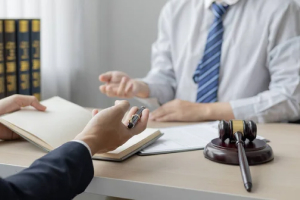
Expert witnesses can bolster a wrongful death case in several ways. From explaining technical information to assisting in case strategy, their contribution is invaluable.
Explain Technical and Specialized Information
In wrongful death cases, the evidence often involves complex, technical information. Expert witnesses have the critical task of making this specialized knowledge understandable to the court. They use their deep understanding of their respective fields to decode medical terms, engineering principles, or financial calculations. By breaking down these intricate details into plain language, they ensure that the judge or jury fully grasps the factual basis of the case.
Provide Credible Testimony
The testimony of an expert witness carries substantial weight in court. Their professional standing and depth of expertise in their field underpin their credibility. Judges and juries respect their statements, taking their educated opinions seriously. Expert witnesses can significantly influence the case's outcome when presenting their findings and conclusions in court.
Formulate Opinions Based on Evidence
Expert witnesses are not mere speculators. Instead, their role is to form solid, evidence-based opinions. They meticulously review, analyze, and interpret all relevant data and facts associated with the case. Then, they synthesize these findings into logical conclusions. These evidence-backed insights can significantly support the legal argument of a wrongful death case.
Assist Attorneys in Case Strategy and Presentation
Expert witnesses also play a strategic role in developing and presenting a wrongful death case. Working with the legal team, they can identify strengths and potential weaknesses in the evidence. They provide technical advice related to their field of expertise, guiding lawyers on how to approach certain arguments best. Moreover, they can help attorneys visualize and present complex facts effectively during the trial. Expert witnesses can significantly contribute to the overall case strategy by playing this supportive role.
It is important to ask the right expert to testify in your case. We will use our network of professionals to support your claims and sway the judge and jury in your favor. Reach out to us to learn more about how we can help you.
Importance of Expert Witnesses in Legal Proceedings
Expert witnesses are vital in legal proceedings. They bridge technical expertise and the legal system, turning specialized knowledge into understandable evidence.
Their role is especially crucial in wrongful death cases. They can help establish the link between the defendant's actions and the death, quantify damages, or refute the other side's arguments. Their testimony can provide the missing pieces needed to build a strong case.
Moreover, expert witnesses add credibility. Judges and juries put more weight on the opinion of a well-respected expert. This credibility can tip the scales in your favor in a wrongful death case, where emotions run high. For example, if we ask a medical expert to provide testimony, they may be able to explain what happened when the accident occurred in a way the injury understands.
Contact Our California Wrongful Death Lawyer at Omofoma Law to Help You With Your Case
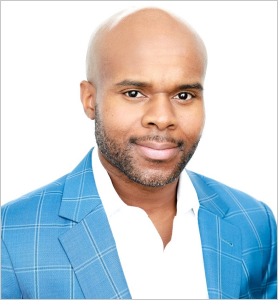
A wrongful death case can be a daunting endeavor. It involves navigating a complex legal landscape while dealing with profound grief. However, you don't have to face it alone. At Omofoma Law, we're committed to providing your support and guidance. We can use expert witness testimony that can support and explain technical aspects and the circumstances surrounding your case.
We understand the vital role expert witnesses play in such cases. We have a network of trusted professionals, and we know how to utilize their expertise to build a strong case. With our team by your side, you can focus on healing, knowing that we're fighting for the justice your loved one deserves.
Don't wait. Contact us today for a free consultation.
